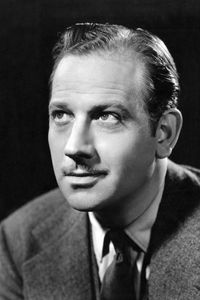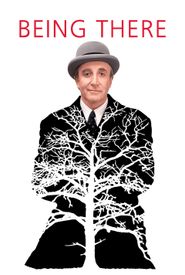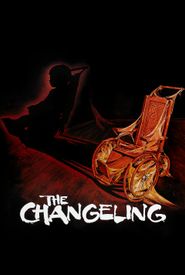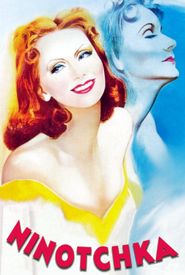Melvyn Douglas was a renowned American actor, who, despite his passing, remains immortalized in cinema history, particularly for his iconic performance in Ernst Lubitsch's comedy Ninotchka (1939),where he made Greta Garbo laugh. However, his impressive career spanned much more than this one notable role.
Born Melvyn Edouard Hesselberg on April 5, 1901, in Macon, Georgia, Douglas was the son of a Latvian Jewish emigrant, Edouard Gregory Hesselberg, a concert pianist and composer, and his mother, Lena Priscilla (Shackelford),from a family with deep roots in the United States.
Melvyn dropped out of high school to pursue his dream of becoming an actor, making his Broadway debut in the drama "A Free Soul" in 1928. He went on to appear in several plays, including "Tonight or Never," which opened in 1930 and ran for 232 performances. It was during this time that he met his future wife, Helen Gahagan, and they married in 1931.
Douglas's early film career saw him playing diverse characters in widely different films, including the screen adaptation of Luigi Pirandello's As You Desire Me (1932) and the low-budget horror film The Vampire Bat (1933). He soon gained fame in the 1930s with films such as She Married Her Boss (1935) and Garbo's final film, Two-Faced Woman (1941).
A great liberal, Douglas was a pillar of the anti-Nazi Popular Front in Hollywood and a big supporter of President Franklin D. Roosevelt. He served as a director of the Arts Council in the Office of Civilian Defense before joining the Army during World War II.
After the war, Douglas's screen persona evolved, and he took on more mature roles in films such as The Sea of Grass (1947) and Mr. Blandings Builds His Dream House (1948). However, his political past caught up with him, and he was "gray-listed" in the late 1940s, along with fellow liberals Edward G. Robinson and Henry Fonda.
Douglas continued to work in theater, making many appearances on Broadway in the 1940s and 1950s, including a notable 1959 flop, making his musical debut in Marc Blitzstein's "Juno." He won a Tony for his Broadway lead role in the 1960 play "The Best Man" by Gore Vidal.
By the early 1960s, Douglas had become a premier character actor, and his years of movie exile seemed to deepen him, making him richer. He returned to the big screen a more authoritative actor, winning a Best Supporting Actor Oscar for his role as Paul Newman's father in Hud (1963).






























































































